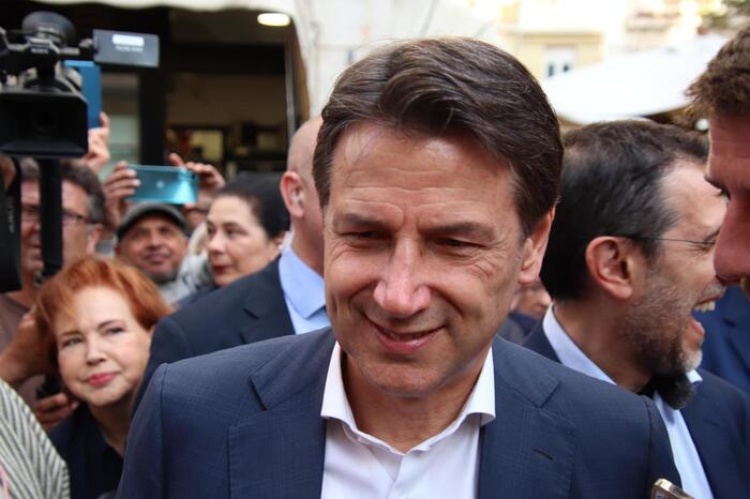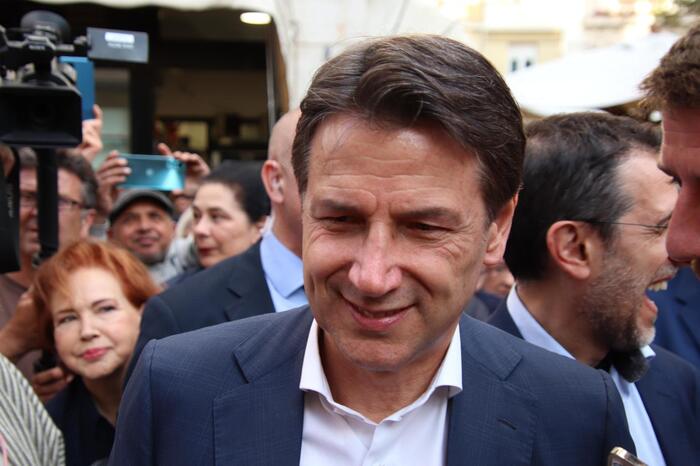Conte told reporters he was against all three options proposed by Meloni – direct election of the president as head of government by the people; French style semi-presidentialism, where the head of state is the head of government, but picks a prime minister to carry out their program; and the direct election of the prime minister by the Italian people.
But the M5S chief said he agreed with Meloni’s idea of setting up an ad hoc reform commission.
“The issue is that at least from this first meeting there was no agreement.
"We are for sensible solutions and also for a strengthening of the prime minister’s powers, but within a balanced framework, which does not mortify the parliamentary model that is very useful for inclusiveness and favours conflict resolution.
Conte said his party cares a great deal about the function of the President of the Republic, "which is a guarantee and serves national cohesion; he has a key role,” Conte said.
“We shared a diagnosis on some critical issues, we recognise these critical issues starting from the problem of the instability of the executive, it is a problem that we will have to solve as that guarantee to the parliament, but an agreement did not emerge”.
“We are open as regards the method to dialogue in a parliamentary committee set up ad hoc, we recommend this path,” he added.
Meloni said during her talks with Conte that reforms were needed for government stability and to ensure that governments reflected the wishes of the people in democratic elections.
She has stressed that she is determined to stop “lab-grown executives” which are not the product of elections but of backroom palace deals, and says she has a mandate from the people for a direct-election institutional reform because this was part of the manifesto on which she campaigned in the September 25 general election, where she led the centre right to a crushing victory.
The centre right does not command the two thirds majority in parliament required for a Constitutional reform without a subsequent, ‘confirmative’ referendum, but the prime minister could come close if centrist parties swing behind her proposals, as some have already said they will.
Meloni has said she would prefer an agreement with the oppositions but has that key mandate to go it alone if she does not achieve a broad consensus.
Meloni will now meet later Tuesday with other opposition forces including the centre-left Democratic Party (PD), Italy’s second biggest party, whose leader Elly Schlein has already said the PD is against the direct election of the president or the prime minister, and has said the institutional reform talks should not be used as a distraction from priority issues like the cost of living crisis, jobs, the post-COVID National Recovery and Resilience Plan (NRRP), and the state of the national health service.
ANSA











